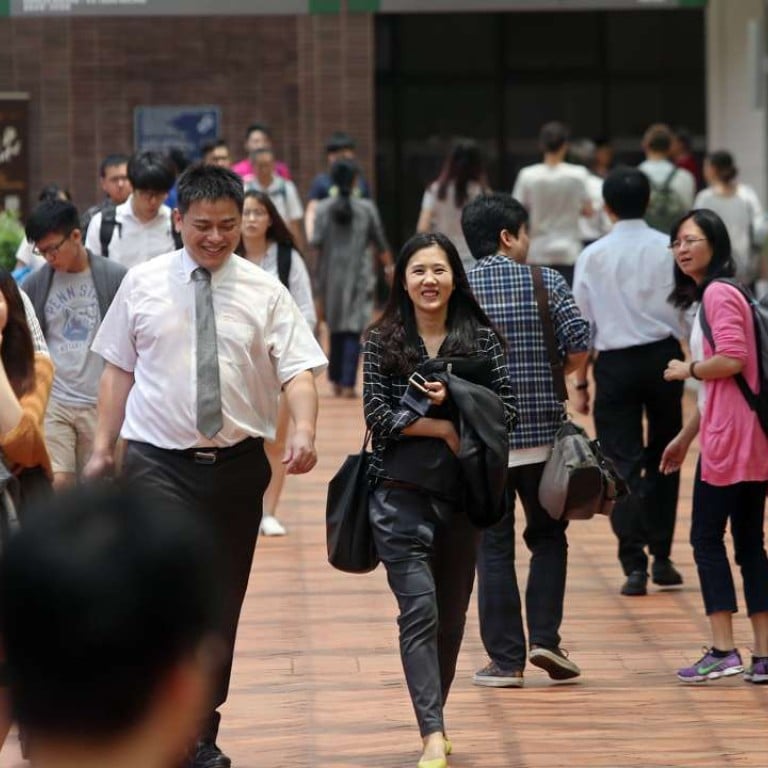
Be wary of effusive praise for women’s achievements – gender inequality is still entrenched in Hong Kong
Alice Wu says despite progress, we are a long way from gender equality, and even well-meaning attempts to extol successes tend to leave out inconvenient truths
For days leading up to Mother’s Day, an interesting message – in praise of women – circulated on messaging platforms. It cited Nobel laureate William Golding as saying: “I think women are foolish to pretend they are equal to men, they are far superior and always have been. Whatever you give a woman, she will make greater. If you give her sperm, she’ll give you a baby. If you give her a house, she’ll give you a home. If you give her groceries, she’ll give you a meal. If you give her a smile, she’ll give you her heart. She multiplies and enlarges what is given to her. So, if you give her any crap, be ready to receive a ton of sh*t!”
Will a woman run for chief executive in 2017?
Golding did indeed say the first sentence; it was part of his answer to why there weren’t any girls in Lord of the Flies. Golding believed that “if you ... scaled down human beings, scaled down society, if you land with a group of little boys, they are more like a scaled-down version of society than a group of little girls would be.” Some saw that as sexist. Even Golding himself added: “Don’t ask me why, and this is a terrible thing to say because I’m going to be chased from hell to breakfast by all the women who talk about equality.”
And for someone who admitted in private papers that have since been published that he, at 18, had tried to rape a 15-year-old girl who took piano lessons with him, then he is not perhaps the best person to quote for purposes pertaining to the advancement of women. (The rest of the quote falsely attributed to Golding is, in fact, by contemporary American author Erick S. Gray.)
Those who passed the message along to the respected and esteemed women in their social circles no doubt meant well. The subtle shades of misogyny can be easily missed.

The rise of women in Hong Kong
For example, a seemingly congratulatory article on “the rise of women” reeled out great statistics highlighting Hong Kong women’s achievements in earning university degrees and landing well-paying jobs. It focused on cases where women outperformed and out-earned men while conveniently forgetting to mention that the gender pay gap, found in a 2014 report by the census bureau, had widened by HK$500 since 2011, and that men earn an average salary that is HK$2,500 more than women.
5 trailblazing Hong Kong women who broke through the glass ceiling
Yet another report congratulated women in making tremendous strides, noting how “well-educated women are keeping their marriages together more effectively and their children are even better prepared for life’s challenges”, while, at the same time, citing their education level and earnings as contributing to income inequality. Gender inequality has long been argued to cause and perpetuate poverty, not the other way around. Though the author didn’t say it explicitly, by suggesting that educated women increase income inequality and exacerbate the intergenerational transmission of inequality, should we consider rolling back education and employment opportunities for women?
And let’s not miss the implicit slur on less-educated women: if educated women are more effective at keeping their family in tact, less-educated ones must be doing a worse job.
Alice Wu is a political consultant and a former associate director of the Asia Pacific Media Network at UCLA

